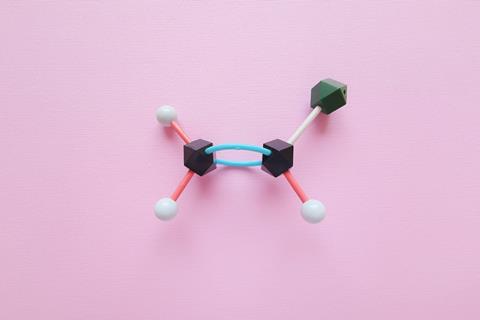Scientists look to reduce mercury pollution with a new platinum-based catalysis for chloroethene production
Download this
Motivate student interest in catalytic processes, addition monomers and the environmental impact of mercury.

A single-atom platinum catalyst could replace the highly toxic mercury one used to synthesise the ingredient to produce PVC. The new platinum catalyst is twice as efficient as the one used by industry, could cut mercury pollution and should be suitable for scaling-up.
Vinyl chloride production is one of the most common industrial processes in the world. Up to a third is synthesised using a highly toxic mercury catalyst. A great deal of the mercury evaporates and ends up contaminating the atmosphere. In order to find a more environmentally friendly solution, researchers have explored other catalysts, particularly gold and ruthenium supported on activated carbon.
Put this in context
Add context and highlight diverse careers with our short career videos showing how chemistry is making a difference and let your learners be inspired by chemists like Margo, a research innovations manager.
Researchers also investigated platinum. To find the best platinum catalyst, the team modified the synthetic conditions to yield different metal nanostructures – from single atoms to nanoparticles – and carbon-based supports. They found that single atoms of platinum deposited on activated carbon were effective.
Use the starter slide with your class to help them understand how new catalysts can make more environmentally friendly processes.
Read the full story in Chemistry World.
Downloads
Starter slide Platinum catalyst makes greener PVC
PowerPoint, Size 0.55 mbStarter slide Platinum catalyst makes greener PVC
PDF, Size 63.42 kb









No comments yet